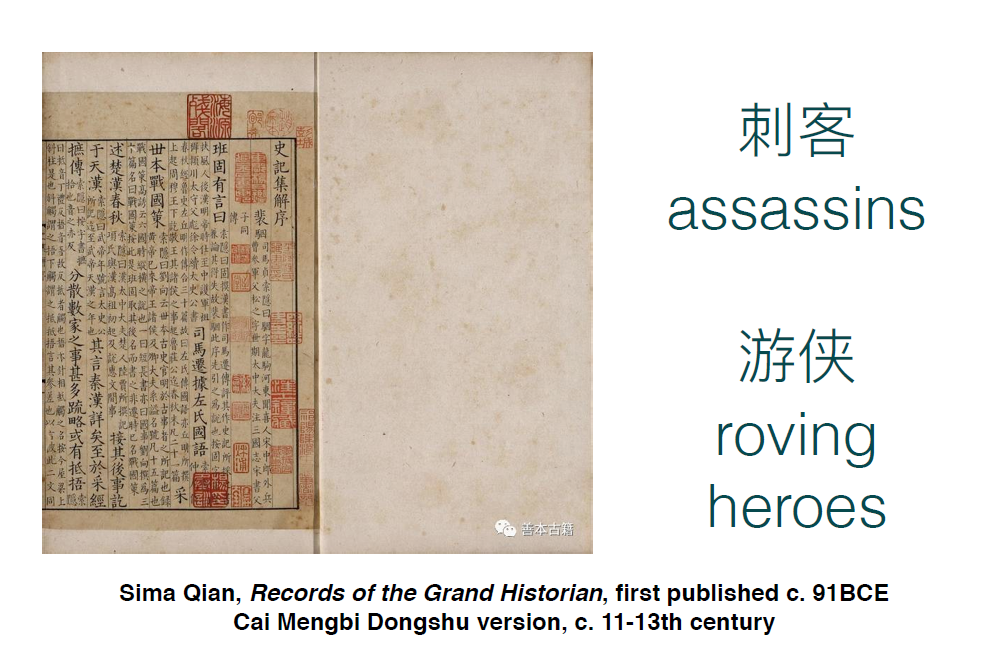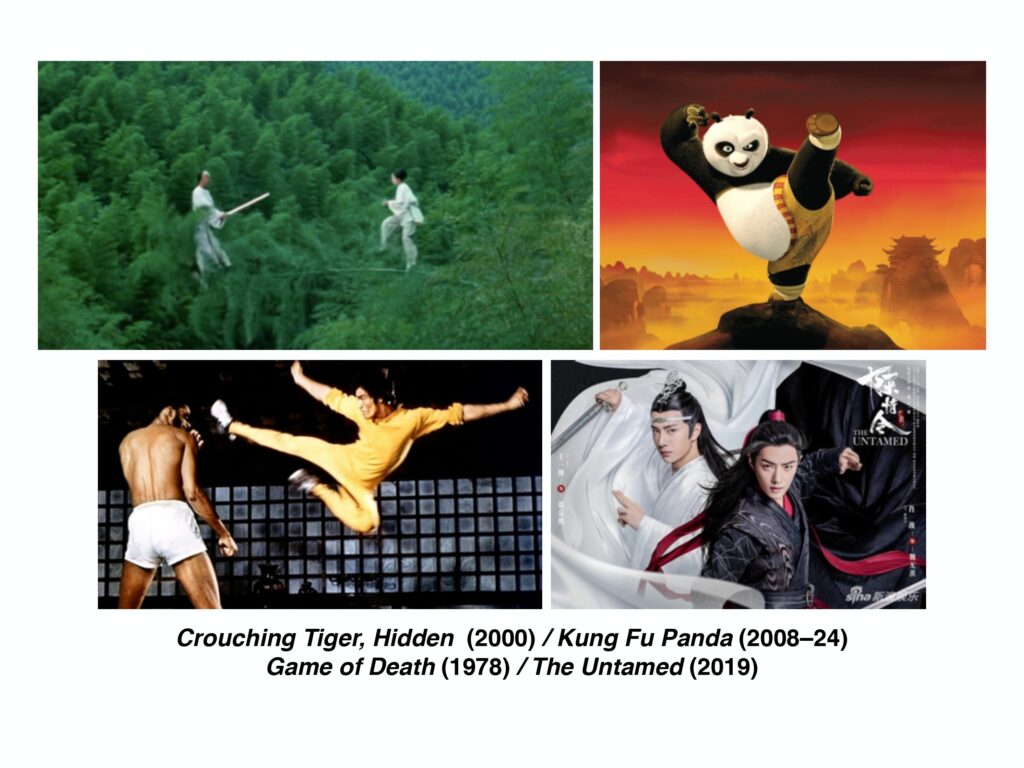Date: Thursday 14th November 2024
Time: 12:00-14:00
Venue: Harty Room, Musical Building, Queen’s University Belfast
Seminar Review:

Chinese wuxia (武侠 wǔxiá) fiction (小说 xiǎoshuō), or martial arts literature, has long been considered one of the most challenging literary genres to translate. The difficulties lie in its rich tapestry of cultural references, specialized wuxia terminology, grandiose and often poetic combat descriptions, and intricate, twist-filled plots. This longstanding perception began to change in 2018 when MacLehose Press published the English translation of Legend of the Condor Heroes (《射雕英雄传》, Shèdiāo Yīngxióng Zhuàn), originally penned by the iconic wuxia author Jin Yong (金庸 Jīn Yōng). But how did the translators tackle this formidable task? What strategies did they employ to effectively capture the essence of wuxia and make it resonate with a global audience?
On November 14, at the invitation of Professor David Johnston, Gigi Chang, the co-translator of Legend of the Condor Heroes and the translator of Return of the Condor Heroes (《神雕侠侣》, Shéndiāo Xiálǚ), shared her invaluable experiences and insights with Queen’s University MA and PhD translation students, along with visiting scholars. In her presentation, Gigi introduced the captivating world of Chinese wuxia and delved into the myriad challenges she encountered in her translation work. She outlined the strategies she used to navigate cultural nuances and linguistic obstacles, highlighting how she redefined her role as a literary translator to creatively convey the depth of wuxia characters and themes. Her approach successfully made the genre engaging and accessible for readers of diverse cultural backgrounds.
The issues discussed during this seminar, including the ways we understand and re-imagine the source text in literary translation, are very likely to inspire further reflection, as remarked by Professor David Johnston.
Excerpt from Gigi’s presentation
The session concluded with a lively Q&A segment, followed by a networking lunch. Students from a variety of cultural backgrounds took advantage of this opportunity to attend the seminar and asked questions about Chinese literary translation and discuss the complexities of conveying literature across cultures.
Your comments, thoughts and questions are much appreciated in the box below and we are happy to forward them to Gigi for further communication.
Author: Luyao YAN (闫璐瑶)
Editor: Liang WANG (王亮)
















